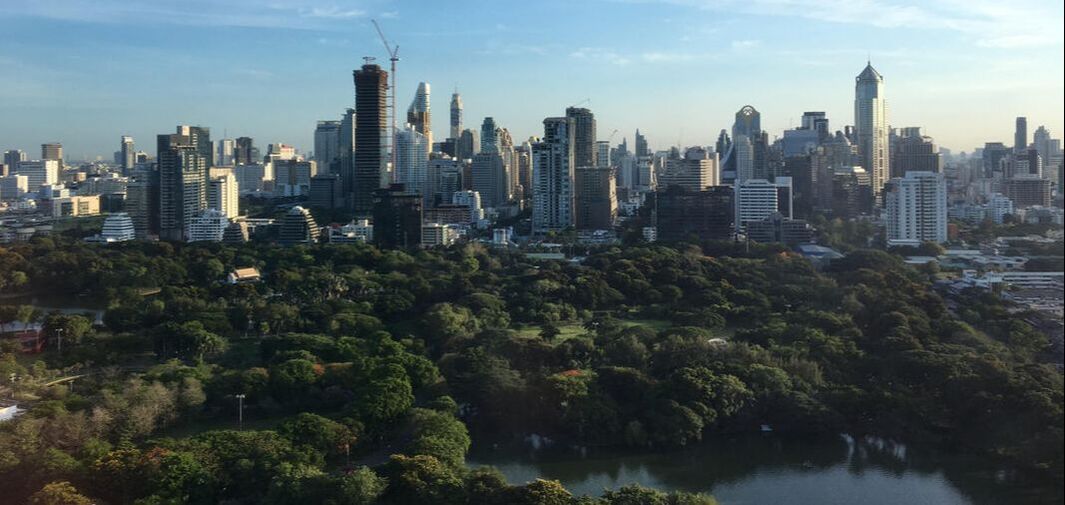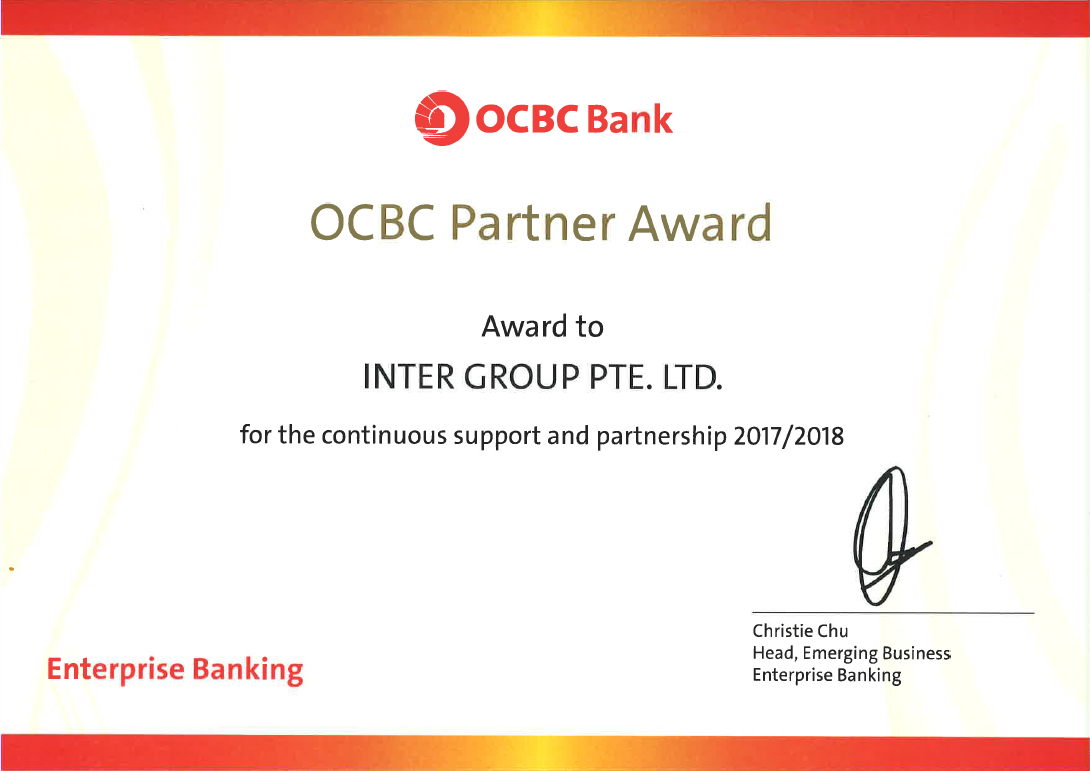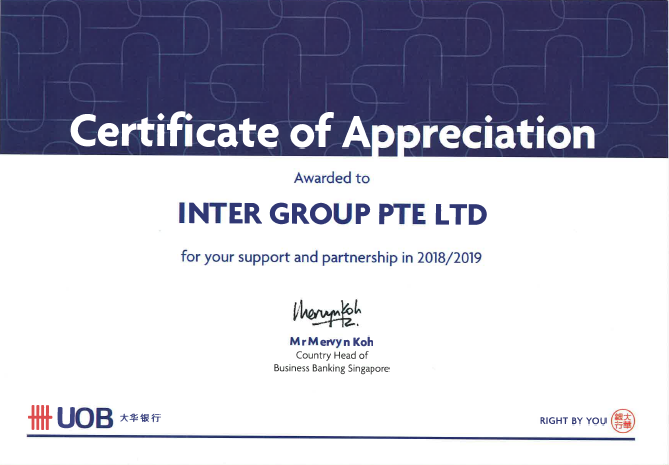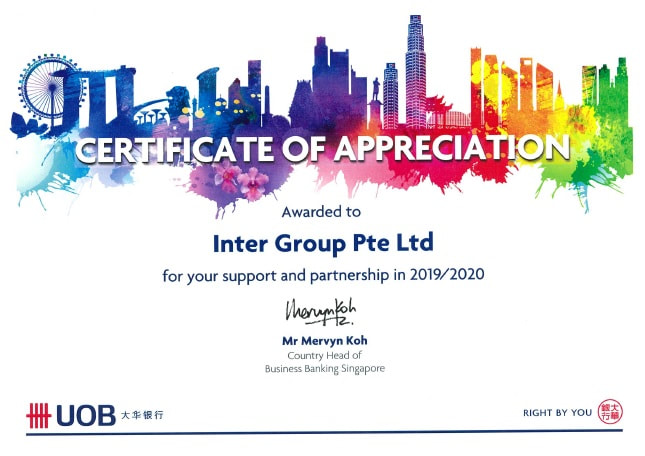| Key Figures (2020) POPULATION (in millions) GDP (in current US$) (in billions) EXPORTS OF GOODS & SERVICES (% of GDP) IMPORTS OF GOODS & SERVICES (% of GDP) TIME REQUIRED TO START A COMPANY (in days) | 69.8 501.64 51 47 6 |
Country Brief
Thailand is a country centrally located in Southeast Asia (SEA). It is the second largest economy in SEA after Indonesia, with approximately the same land area as Spain or France. The country’s national capital is Bangkok, or as it is officially known in Thai as Krung Thep Maha Nakhon. It is the only cosmopolitan city in a country of small towns and villages and is the country’s chief port, cultural and commercial centre.
Economic Overview
Thailand’s free market economy has a strong domestic market and a growing middle class. Traditionally an agrarian society, the agricultural sector today only accounts for approximately 9% of the country’s GDP in 2021. Thailand also has a strong industrial sector and growing services sector focused on tourism and financial services. Exports and tourism continue to be the main drivers of economic growth for Thailand. Its key exports are automotive and electronic goods, as well as agricultural products such as rice, rubber, sugar and tapioca. Economic activity is expected to return to pre-pandemic levels end-2022 with growth projected to accelerate to 3.9% in 2022 and 4.3% in 2023, driven by a recovery in service sector activity.
Foreign Investment Outlook
Thailand has been and continues to be one of the most successful countries in the SEA region for attracting Foreign Direct Investment (FDI) due to its numerous advantages. The country is the third major FDI destination in ASEAN after Indonesia. The country received US$13.6 billion in FDI in 2021, nearly thrice the increase in value in 2020. Japan topped the list of FDI source countries, followed by China and Singapore. The top 3 sectors for FDI were electrics and electronics, petrochemicals and chemicals and the medical cluster.
Establishing a Company in Thailand
Foreign businesses in Thailand are governed by The Foreign Business Act of 1999. The Act prescribes a range of commercial and industrial activities that are restricted from foreigners unless a relevant licence has been obtained or an exemption applies. There are various types of business entities that foreign investors can set-up in Thailand such as Limited Liability Partnerships, Representative Office, Branch Office, Company Limited, the latter being the most common. Regardless the company type, if a foreigner owns more than 49% of the company, they must obtain the following:
- Foreign Business License
- Promotion from the Board of Investments (BOI)
- Register through the Treaty of Amity (for U.S. citizens only)
To register a Thailand company, applications and all supporting documents are to be submitted to the Department of Business Development in the Ministry of Commerce. Depending on the business activities, the entity may also have to register for value added tax or specific business tax and obtain a Tax ID from the Revenue Department.
Incentive for Foreign Investors
BOI will grant incentives based on business activity. These incentives come in the form of:
- Exemption of corporate income tax
- Exemption of import duties on machinery
- Exemption of import duties on raw materials used in Research & Development (R&D)
- Exemption of import duties on raw materials used in production for export
- Non-tax incentive
These incentives can be used from 3 years up to 11 years if the company is granted an investment incentive privilege through the BOI process.
Recently on September 14, 2021, the Thailand government passed a resolution introducing immigration, tax and land ownership incentives aimed at foreign investors and skilled professionals. These new incentives are part of an effort to attract high-earning overseas residents to help with the country’s COVID-19 recovery.
Market Opportunities in Thailand
Thailand is looking at green growth and green investment as part of its COVID-19 recovery. This green growth pathway allow for the country to grow and develop while ensuring that natural assets continue to provide resources and environmental services for future generations, and that the growth pathways remain resilient to global shocks such as climate change or future pandemics. Investments in green growth include, among other things, investment in infrastructure – such as renewable energy, energy efficiency, water purification and distribution systems, transport and housing as well as waste management. Selected business activities in green sectors such as alternative energy and bio-plastics can also enjoy investment incentives.
Other key sectors to consider include the following: agriculture and biotechnology, automation and robotics, aviation and logistics, biofuels and biochemical, digital, food for the future, medical and wellness tourism, medical hub, next generation automotive and smart electronics.
On the whole, Thailand boasts excellent digital connectivity, a highly skilled labor force and an excellent standard of living, making it an outstanding value when considering its overall cost effectiveness. These factors, together with the government’s comprehensive policies and investment incentives, make Thailand one of the preferred investment location in the region.
----------
Editors' Note: Please read our disclaimer notice.
For those who have missed out on other countries we’ve covered, click below to read:
Dubai, United Arab Emirates












